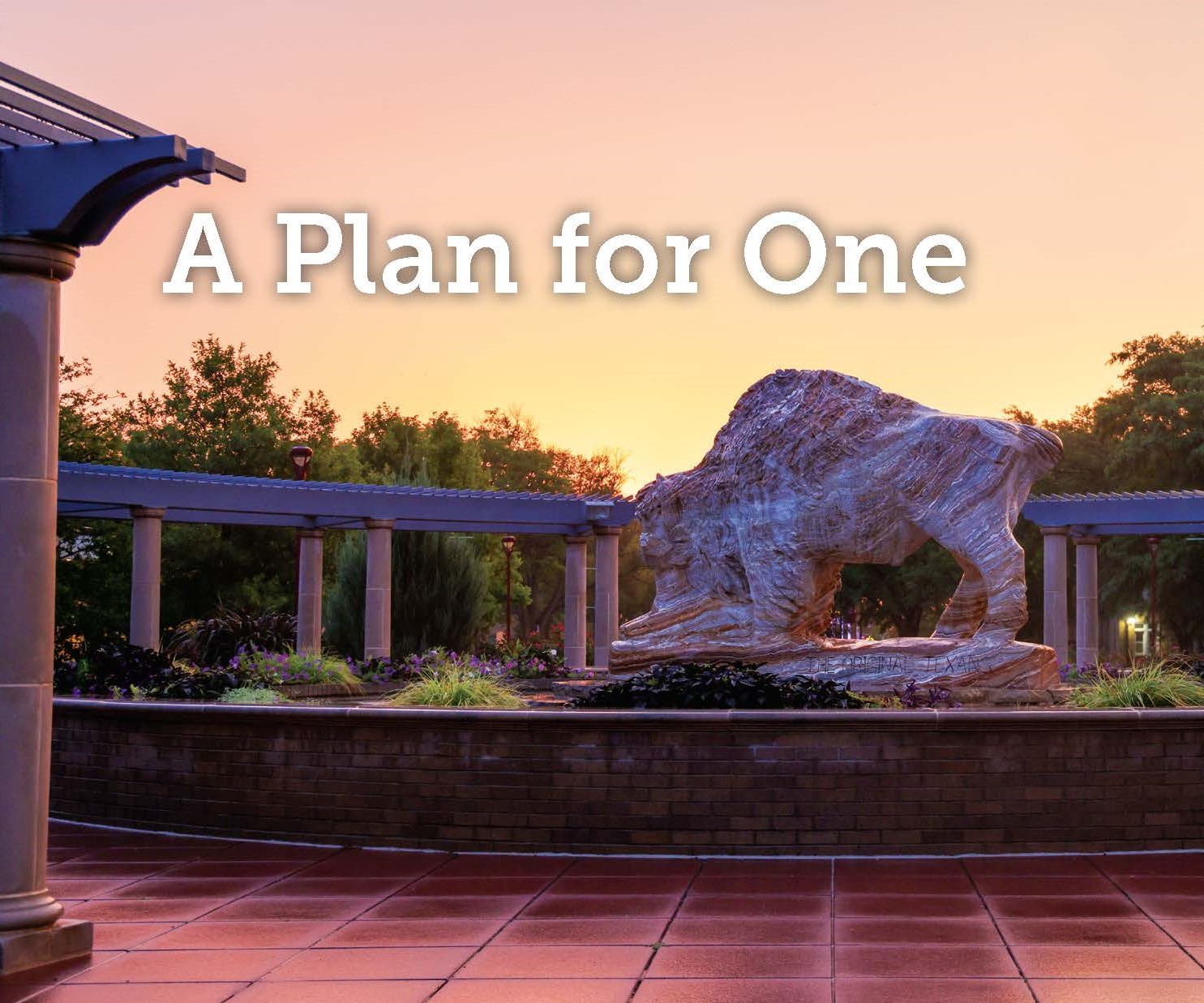
As seniors in high school contemplate graduation at the end of the school year, their possibilities are nearly endless—no matter a student’s class rank or personal opportunities and challenges faced, are facing or will soon face. Configuring the post-high school phase of life requires an independent and carefully thought out “plan for one.”
And, before I take another step, I want to say as clearly and forcefully as possible, even as a university president, that going to college is not for everybody; it is not a guarantee for success, fulfillment, satisfaction, joy or happiness. These states of being can be found in many pursuits. A rewarding and satisfying way to live to support yourself and a family, serving others and gaining satisfaction and enjoyment from “what you do” is possible. What is required is a “plan for one” configured by the student with family, clergy, teachers, advisors and others who love the student and who the student loves.
In no particular order, here are some possibilities. Attending and completing a community college degree or certification program for a career-oriented course of study is practical and worthwhile. Service to our nation in one of the military branches can be very satisfying and is noble. Working on the family farm, ranch or business, can move an individual and a family forward, and it is a legacy. Trade, vocational school, or an apprenticeship in a skilled trade can support a fine life and be very satisfying. Working in a personal business or startup company can use individual will and motivation to contribute to the very best of American free enterprise.
And lastly, because I am a college president, I would say that a carefully thought out plan for university attendance can be empowering and satisfying. The point of this “plan for one” is to allow aspirations and dreams, configured through strengths and weaknesses and responsive to potentials and opportunities, can chart and clear a path for the beginnings of a fulfilled life. I want to focus on some things to think about should a student and family choose university study.
No silver bullet describes the best way to choose a college to attend—no chatbot, algorithm, machine-driven artificial intelligence and no other means of sifting through various issues important to future college students provide a foolproof answer. The “plan for one,” configured by one, and contributed to by those who love the one, are required. A 2018 study by Eduventures Research surveyed 100,000 American high school students and their decisions to attend a particular college. Among other things, the top five considerations were, in this order: (1) affordability (2) desired programs (3) reputation/academic quality (4) career outcomes/job opportunities (5) the value of education for the cost of attending. In the business world, we call the last consideration a return on investment (ROI).
The quality of the landscaping and groundskeeping help create a welcoming environment, but it’s not on the list. The nature of extracurricular activities, while central to a residential university experience, doesn’t show up, even as much as I enjoy intercollegiate athletics. Parking doesn’t even make the top 10; although, I hear concerns about it regularly.
Instead, factors germane to completing a “plan for one,” such as affordability and quality, move to the forefront. Many residential college students wanted to be close to home. Of interest in this study was discussions with family—those who love the student and who the student loves—tended to be driven by affordability. With relentlessly increasing college debt, this finding should not be surprising. Universities that disregard the power of this will not serve students well. Or, institutions that denigrate the real practical and perceived impact of indebtedness, glossed over by the simple pronouncement that this will be intellectually satisfying regardless of cost, are not serving students, family or community.
The most vexing aspect of college choice is legitimate platitudes regarding “fit.” And, to be honest, I cannot assess that for anyone else. I will agree it is an important concept to ponder when creating a “plan for one.” However, if it may not include all the considerations mentioned above, it must be carefully considered.
I have embarked again on a visit to every high school in the Texas Panhandle to talk with students. I openly and honestly lay out the concept regarding a “plan for one” and how important it is. I say to every one of those students that I encounter, college is one of many potentials for a satisfying and rewarding future as a citizen in a free Republic.
The commanding value of a carefully considered, individually constructed, long-term conception for a life well lived cannot be overstated. And one size fits one.
Liberty unleashed.
Walter V. Wendler is President of West Texas A&M University. His weekly columns are available at https://walterwendler.com/.



